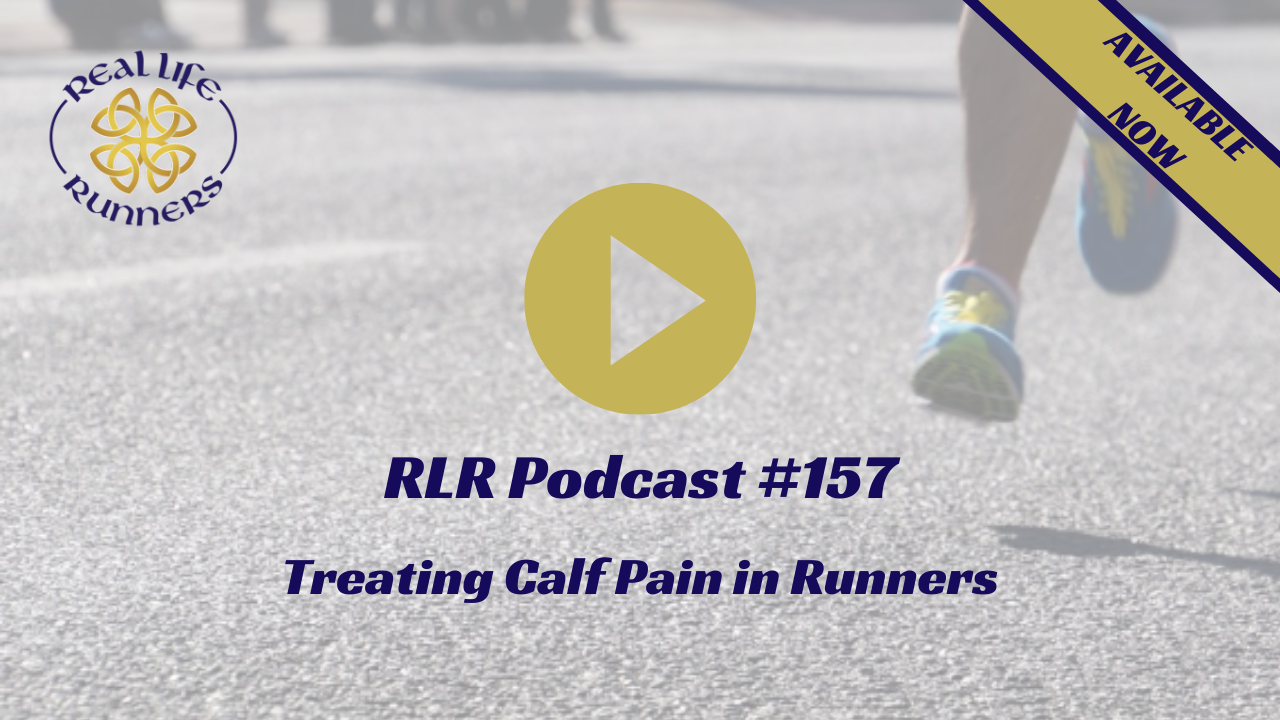Podcast and Articles
Helping you to become the runner you want to be
Runners tend to have strong legs muscles built from miles on the roads or trails. We often tout the importance of maintaining strong core muscles, which is very important. However, today we are going to focus on a pair of muscles and their neighbors, who propel every step...
In the summer of 2010, LeBron James made a major announcement: He was leaving his hometown NBA team the Cleveland Cavaliers to join the Miami Heat. In an ESPN interview announcing the decision, he said, “One thing I didn’t want to do was make an emotional decision. I wanted to do...
Gratitude is usually seen as a very positive thing, but a gratitude practice or an “attitude of gratitude” is both more simple and more complex than it first seems. Beginning the day or ending the day with a journal practice of gratitude for one or three items has become very...
Running slower to become a better runner may seem counterintuitive, but it’s a scientifically backed method to run faster and farther. Maybe you’ve heard of it but have dismissed it because logically, it doesn’t make sense. How can running slowly make you faster?
...
You want to run faster, so you practice running faster.
You want to run faster, so you push every run just that little bit extra.
You want to run faster, so you live by the motto “no pain, no gain.”
You want to run faster, but now you are exhausted, sick, burnt...
It’s August, and that means back to school for us, as well as any of the teachers and parents we have listening. In previous years, this would mean printing out the supply list and heading to the store to track down folders and pencil cases. It would mean a return to early...
Runners like to run and when they cannot run the way they want, they are not their best. Injuries can often stand in the way of a runner reaching his potential. Unfortunately, many runners deal with injuries by pretending they don’t exist or treating symptoms. We take a...
Breaks in training consistency can happen for so many reasons. You can get sick, go on vacation, get busy at work, need extended recovery after a race, or find yourself injured. The key to long term improvement is not that you cannot ever take a break, it’s how to come back...
Deep down we have a set of values, actually a very small number of them, that define who we are. When we face choices in our life, we rely on those values to help choose the path to follow. On this episode, we cover the importance of discovering your core values, the exhaustion of...
It's our first "Best of" archive episode. This one definitely warrants a re-listen. So many good nuggets of information here. We will be back next week with a new episode, but until then, stay safe out there, friends!
Summer is here! It’s important to be aware that...
There is an often repeated saying: “If you want to go fast, go alone. If you want to go far, go together.” In the world of running, the ability to go fast and far are often goals simultaneously chased. After some amazing track meets over the weekend, it...
Is it better to jump into a new situation without full preparation and see what happens or to keep learning, practicing, and mastering your craft before testing it out. What if you take your shot and miss? What if you wait and miss your opportunity. Practice, or put...
Have Questions?
You can leave us a voice message by clicking on the button to your right, or
Fill out the form below and we will get back to you.
You can also send an email to
[email protected]




